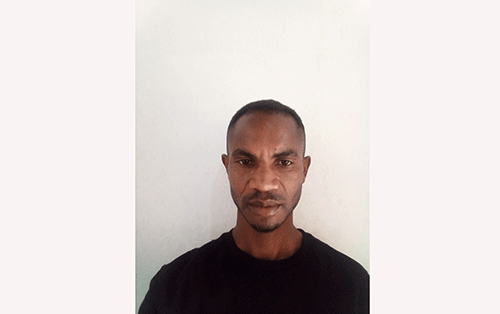Moses Iyambo
Historically, children with disabilities have been excluded from the general education system and placed in ‘special schools’.
In some cases, they are separated from their families and placed in long-term residential institutions, where they are educated in isolation from the community – if they are educated at all (UNICEF, 2012).
Approximately 90% of children living with disabilities have never been to pre-school or nursery.
Furthermore, statics show that about 82% of disabled children, aged over five, have never attended school in rural areas, compared to 18% in urban areas.
In addition, education as a human right has been recognised and acknowledged by various national and international organisations (Sector Policy on IE, 2013).
Most of these organisations state that learners with special needs should have access to the same quality and equivalent education as their peers (Mokaleng, 2019).
Moreover, Namibia, as one of the signatories of the Salamanca Statement and Framework for Action, is committed to enhancing access to education for all her citizens, and inclusive education is perceived to be the most effective approach to reaching this goal (Mokaleng, 2019).
According to Nakale (2021), the National Federation of People with Disabilities in Namibia (NFPDN) feel children with disabilities are being left behind by government efforts to improve educational opportunities for all, as groups between children with and without disabilities continue to increase, although, special education has been provided to learners with disabilities according to a remedial and compensatory approach.
Furthermore, the 2013 Sector Policy on Inclusive Education introduced a paradigm shift to establish an inclusive education system in all schools from the early childhood level.
In addition, inclusive schools that accommodate all learners in the same classrooms, regardless of the level of support needed, were built.
Furthermore, inclusive schools provide learners with the necessary support to ensure they learn and contribute to and participate in all aspects of the life of the school.
According to the Right to Education Initiative (2022), children with disabilities have very low rates of initial enrolment.
Most who attend school are more likely to drop out and leave school early without transitioning to secondary school and beyond.
They are also at increased risk of school violence and bullying, preventing the safe enjoyment of their right to education.
Other challenges include the physical foundation of the school (accessibility), the failure of staff to respond effectively to their needs, a lack of differentiated teaching and learning resources (leading to their exclusion from certain learning activities), as well an ineffectively organised educational programme approach (Wilbard, 2016).
On the other hand, learners admitted to resource schools are assessed regularly to evaluate possible admission to regular schools.
A mechanism for the early identification of individuals at risk of education marginalisation and exclusion is expected to be developed as part of the monitoring and evaluation exercise for the Sector Policy on Inclusive Education.
To date, teachers in all circuits are trained on how to identify learners with a disability, looking at the possible symptoms of various disabilities and on how to accommodate these learners in the classroom.
Although increasing numbers of students are entering post-secondary education, issues and challenges that prevent these students from completing their degree programmes remain.
Furthermore, the research is clear that self-determination is an important component of the transition planning process for students.
Therefore, the ministry of education, teachers, parents and all other stakeholders are encouraged to study these observed results and strive to devise solutions that ensure that inclusive education is achieved.
* Moses Iyambo is a student at the International University of Management. This essay is part of his English Proficiency assignment.


